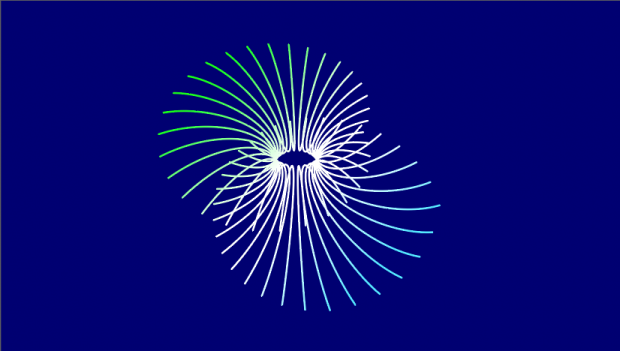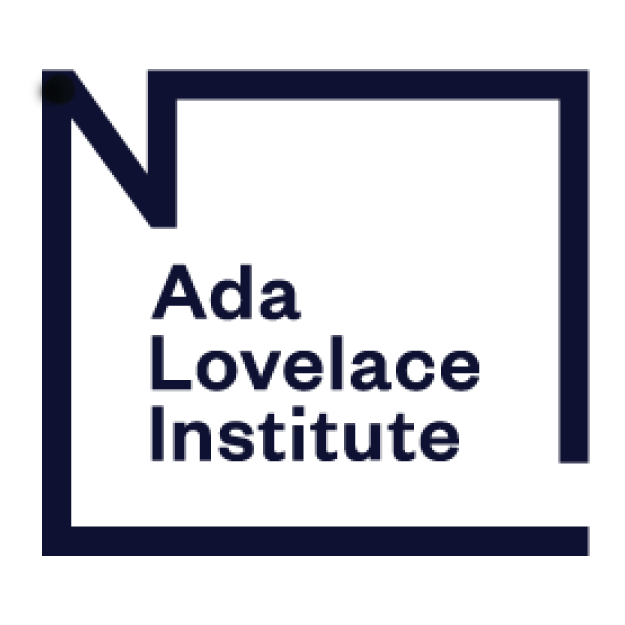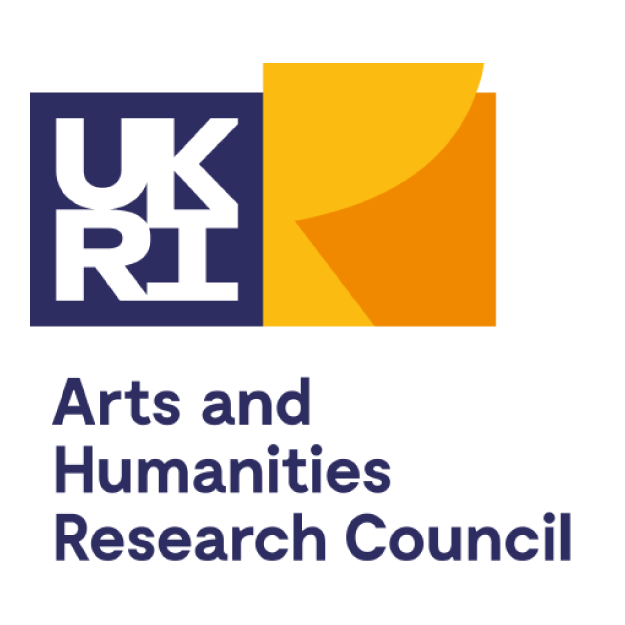
Image credit: ©Dimitar Ruszev
- Led by Dr Szilvia Ruszev, Bournemouth University
Project website: Bournemouth University, 2024 – Responsible AI in Media Creation
The project will investigate responsible AI in the context of media creation, focusing on collaboration, creativity and representation. This includes concerns about copyright, job security and other ethical and legal challenges.
The rapid advancements in AI and ML have revolutionized the media landscape, opening new possibilities for content creation. Generative AI tools (GAIT) for creation and manipulation of text, image and sound such as ChatGPT or Midjourney became accessible for everyone and hold the promise of changing the ways in which media production can be effective and creative. However, these technological breakthroughs have also come with moral, ethical and legal challenges and risks that need to be addressed. Concerns regarding copyright and job security have been amplifying, as the recent strikes in Hollywood show. A rising number of publications and position papers in the UK and internationally strive to address the challenges and risks offered by GAIT. While the public discourse around AI fluctuates between the extremes of enthusiasm and dystopia, questions about bias, transparency, accountability, safety, justice and trustworthiness need to be addressed in their complexity.
The proposed research aims to investigate responsible AI(RAI) in the context of media production, focusing on collaboration, creativity and representation. The research outputs seek to foster feedback loops among developers, users and policymakers in order to develop RAI practices. In detail:
While AI is not yet on-par with human capabilities, we use AI algorithms as tools. Yet, it is productive to reflect on the implications of a human-AI collaboration in the context of RAI. In other words, we will ask questions such as: Who has access to and who has control over GAIT? Also, how can we create feedback loops to progress not only human media creation processes but the underlying dynamic AI system?
Similarly, the notion of creativity has to be re-evaluated in the context of RAI. Questions of extractive database practices, copyright, intellectual property and the displacement of human labour are in the foreground. Yet, technologically aided serendipity offers new creative possibilities.
And finally, based on existing studies, we are increasingly aware of the ingrained bias in large databases used to train GAIT. Our research aims to understand how these biases materialise through the use of GAIT. Furthermore, by applying the knowledge and methodologies of media studies research, we will propose ways in which socio-cultural complexities can be productively addressed avoiding the (re)production of stereotypical representations of social categories such as race, class, gender, etc.
In order to address these research aims, we will apply a hybrid, practice-theory methodology. In four workshops, we will simulate the process of media production (script-writing, image generation, audio/music generation and post-production), experiment with significant GAIT and subsequently reflect on our experience within the context of our research questions.
Research outputs will be:
- A report with information, analysis and recommendations for best practices of the use of GAIT in media creation in the context of RAI.
- A draft sci-fi short film created using GAIT reflecting on the research questions. (full version to be completed outside the research time).
The outputs will be presented in a closing event to a group of media creators, policy makers and developers to foster dialogue and concrete actions.





